The tooth fairy is a welcome guest for any child who has lost a tooth. Not only will the fairy leave a small gift under the child’s pillow, but they be assured of a replacement tooth in a few months. Unfortunately, the scenario is quite different for adults grappling with a loss of teeth. Luckily, there may be some hope thanks to a new study performed by scientists at Kyoto University and the University of Fukui.
A dental breakthrough
While the typical adult mouth houses 32 teeth, approximately 1% of the population exhibits variations of them, either possessing more or fewer teeth due to congenital conditions. Researchers have delved into the genetic factors behind cases of excessive teeth, seeking valuable insights into the potential regeneration of teeth in adults. This study is the first to show that monoclonal antibodies can help regrow teeth. It suggests a new way to treat a dental problem that currently requires implants and other artificial solutions.
A bit of science
The research team disclosed that an antibody targeting a specific gene, known as uterine sensitization-associated gene-1 (USAG-1), can induce tooth development in mice affected by tooth agenesis, a congenital condition. The findings were published in the journal, Science Advances.
As per Katsu Takahashi, a senior lecturer at the Kyoto University Graduate School of Medicine and one of the principal contributors to the study, the essential molecules crucial for the development of teeth have already been pinpointed. “The morphogenesis of individual teeth depends on the interactions of several molecules including BMP, or bone morphogenetic protein, and Wnt signaling,” says Takahashi.
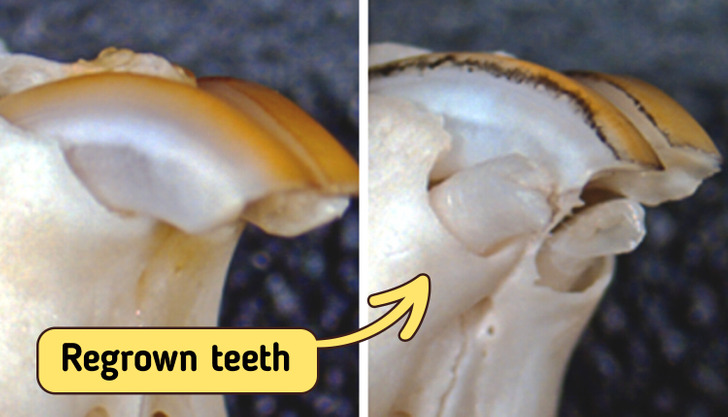
On April 13, 2021, the University of Kyoto posted its first pic of newly-grown teeth in mice.
BMP and Wnt are involved in more than just tooth development; they affect the growth of organs and tissues early in the body’s development. Because drugs affecting them directly might have broad side effects, scientists are cautious. To find a potentially safer method, researchers focused on the gene USAG-1, thinking that aiming at factors countering BMP and Wnt specifically in tooth development could be more precise.
“We knew that suppressing USAG-1 benefits tooth growth. What we did not know was whether it would be enough,” added Takahashi.
The first results
Scientists looked at how different monoclonal antibodies affect USAG-1. Monoclonal antibodies are often used to treat things like cancer and arthritis and for making vaccines. Tests with this antibody showed that BMP signaling is crucial for deciding the number of teeth in mice. Also, just one treatment was enough to grow a whole tooth. Further tests confirmed these positive results in ferrets too.
“Ferrets are diphyodont animals with similar dental patterns to humans. Our next plan is to test the antibodies on other animals, such as pigs and dogs,” explained Takahashi.
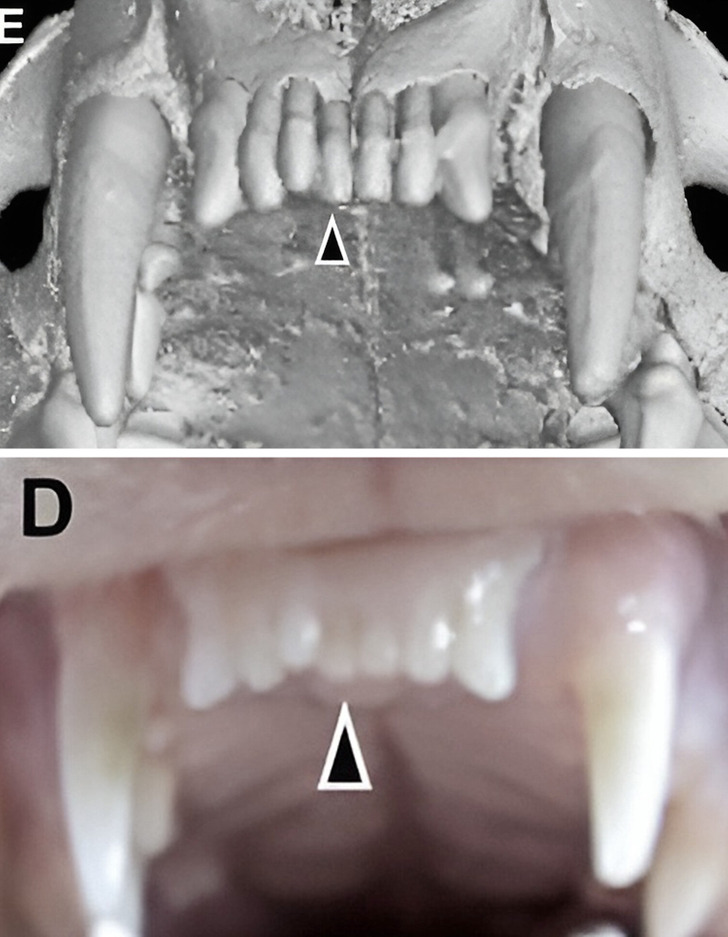
Fully regrown frontal teeth in ferrets
The next steps
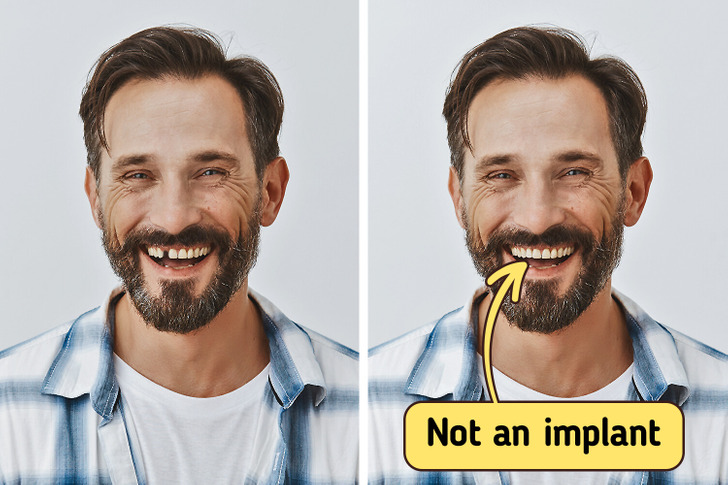
Now, scientists are going to test the drug on healthy adults. If that goes well, the team plans to try it on kids aged 2 to 6 with a rare tooth problem called anodontia, a genetic disorder defined as the absence of all teeth. These kids will get one shot of the drug to see if it makes their teeth grow. If everything works out, the medicine might be approved by 2030.
Takahashi sees the new medicine as an additional choice for individuals who are missing some or all of their teeth.
“The idea of growing new teeth is every dentist’s dream,” Takahashi told the Japanese newspaper, The Mainichi in June this year. “I’ve been working on this since I was a graduate student. I was confident I’d be able to make it happen.”
So hopefully, by the year 2030, humans will get a chance to have their third generation of teeth grown and say goodbye to implants. Until then, make sure to keep your teeth strong and healthy — this article will help you with that.
Preview photo credit KyotoU_News / Twitter
A farmer comes across military equipment hidden on his land. When he finds out who owns it, he is completely astonished

Cory, a hardworking farmer, unexpectedly inherited a difficult land due to its rugged terrain. Little did he know that this seemingly unremarkable plan concealed a secret that would change his life forever.
While exploring his new property last week, Cory came across a strange metal object that turned out to be military equipment. He took photos of his discovery and reached out to an old friend, a general, who was both amazed and unsure of what to do next.
The general’s reaction was shocking. “Cory, you must leave the area quietly,” he warned. “You were not meant to find this.” Cory was both confused and intrigued by the general’s words.
Undeterred, Cory continued his investigation, discovering bizarre objects along the way. Today’s discovery, however, exceeded all expectations: a capsule of World War II-era military equipment buried deep in his land. Cory could hardly believe what he had discovered.
He quickly took more photos and called his friend the general, who soon called back to order him to clear the site, revealing that his discovery was linked to a covert operation.
Initially baffled, Cory soon understood the significance of this revelation. He deciphered the coordinates on the device, located a place deep in the Utah woods, and felt the urge to find out the truth.
Traveling through picturesque villages and dense forests, Cory encountered unusual wildlife and eventually discovered an abandoned bunker. Inside, he found a notebook belonging to JG, the capsule’s owner, full of memories from his time as a soldier in World War II.
When Cory returned home with newfound information, he contacted JG’s family and learned that he had been missing since the war. Decades later, the family gained closure and was eventually reunited with some of his belongings.
Cory’s unexpected journey from farming to solving a World War II mystery shows how curiosity can reveal hidden stories in even the most unremarkable landscapes.

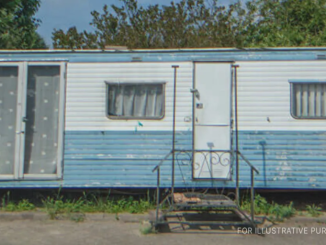
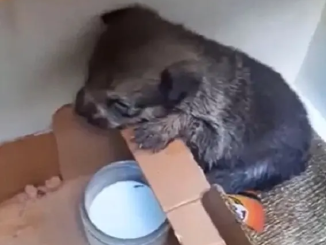
Leave a Reply